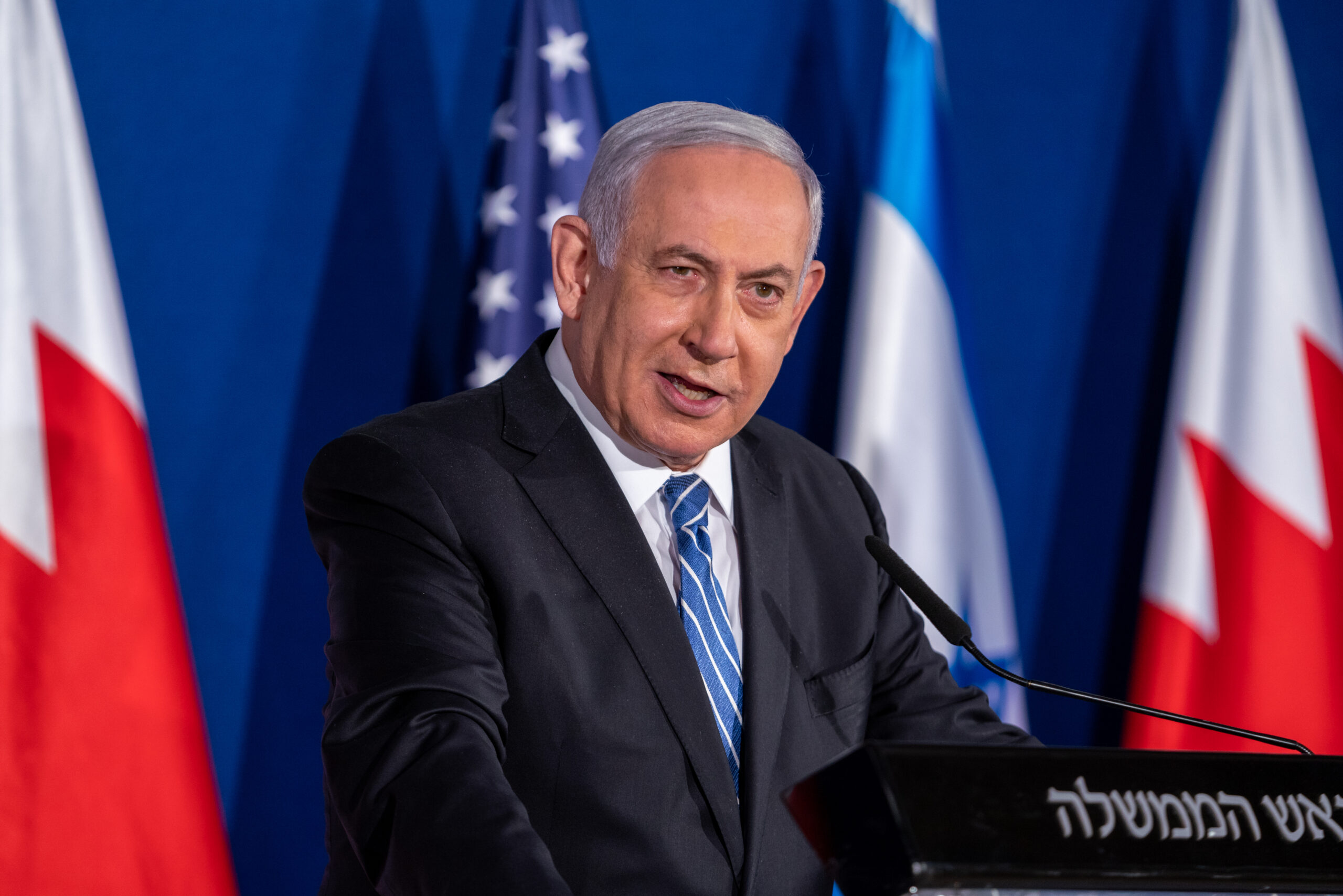
Updates on Gaza Ceasefire Negotiations
- On April 8, a senior Hamas official stated that the group rejected an Israeli-backed U.S. proposal made during negotiations in Cairo the day prior.
- Unconfirmed reports described the deal as a six-week truce that would see the exchange of 40 Israeli hostages for 700 Palestinian prisoners.
- Israeli Defense Ministry sources cite Hamas claims that it doesn’t have 40 women and elderly hostages to be released. Hamas informed the mediators that “touching the figure of 40 would be difficult and that they may have to include healthy male hostages which was not agreeable.”
- On April 9, U.S. Secretary of State Antony Blinken urged Hamas: “We have an offer that’s on the table now…that is very serious and should be accepted.”
Sunday: Ceasefire Talks in Cairo
- On April 7, a Hamas delegation arrived in Cairo at the invitation of Egypt to continue ceasefire negotiations. Israeli, American, Egyptian, and Qatari parties were reportedly present.
- Although Egyptian sources indicated that the talks made “significant progress on several contentious points of agreement,” Israeli and Hamas officials “downplayed the progress cited in the Egyptian report.”
- CIA Director Bill Burns participated in the talks and presented “a proposal that builds on terms discussed during previous negotiations in March,” while asking “for compromises from both parties.”
- Hamas would need to compromise on the number and identities of those released and provide a list of 40 living hostages.
- Israel would need to compromise by allowing displaced civilians in Gaza to return to the northern Gaza Strip.
Additional Points of Disagreement
- An unnamed Palestinian official involved in the talks said that “deadlock continued over Israel’s refusal to end the war, withdraw forces from Gaza, allow all civilians to return to their homes and lift a 17-year-old blockade to allow speedy reconstruction of the coastal enclave.”
- The official added: “Regarding the exchange of prisoners, Hamas was and is willing to be more flexible, but there is no flexibility over our…main demands.”
- Hamas wants Israel to withdraw from the Netzarim Corridor, which connects the northern and southern regions of Gaza, though Israel insists that its forces stay in the corridor and people crossing undergo inspection.
- Israel has ruled out “withdrawing from Gaza, saying its forces will not relent until Hamas no longer controls Gaza or threatens Israel militarily.”
- However, “the U.S. proposal includes a gradual and almost complete withdrawal of Israel from the corridor that splits the Gaza Strip and prevents Palestinians from returning to the north.”
- These developments coincide with growing domestic and international pressure on Israel for a hostage deal.
- On April 4, President Biden told Netanyahu an “immediate ceasefire” is needed to protect innocent civilians in Gaza and improve the humanitarian situation.
On April 6, tens of thousands of Israelis protested in Tel Aviv, demanding a Gaza hostage deal after the IDF recovered the body of Israeli hostage Elad Katznir.
